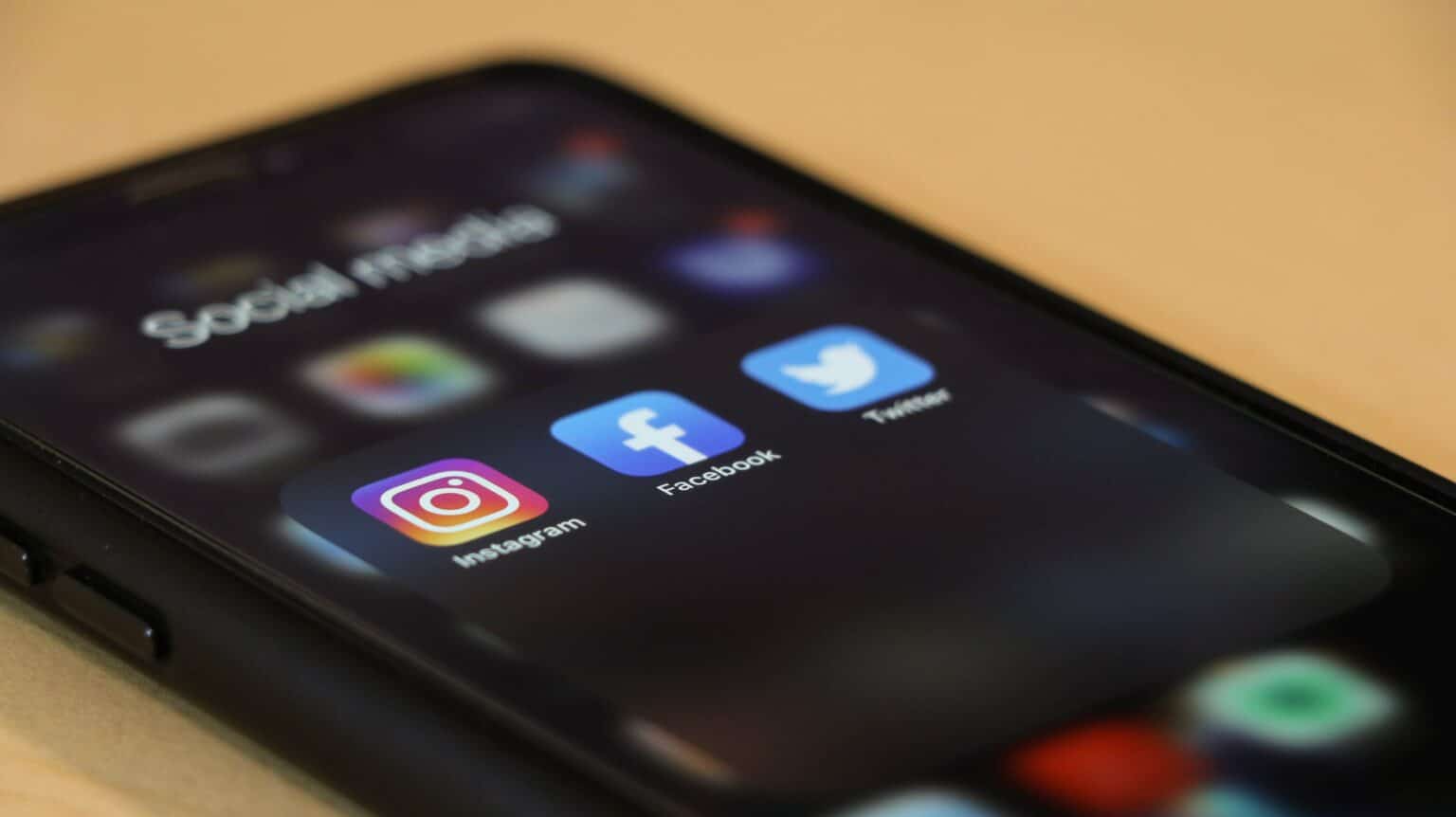Utah Gov. Spencer Cox (R) on Thursday signed first-in-the-nation legislation prohibiting kids under 18 access to social media apps without parental consent and other restrictions.
Gov. Cox signed two separate laws on Thursday. They prohibit kids under 18 from using social media between the hours of 10:30pm and 6:30am, require age verification for anyone using social media inside Utah and require parents be given access to their children’s accounts.
The laws also open the door to lawsuits on behalf of children under 16, should any claim to have been harmed because of a social media platform. The burden of proof would be shifted to social media companies, requiring that they show their products were not harmful–rather than the child having to prove that he or she had been harmed.
The companies that run the social media platforms are expected to sue before the laws take effect in March of next year.
The focus on age verification sparked pushback from tech companies as well as digital privacy groups known for blasting their data collection practices.
The digital advocacy group Electronic Frontier Foundation earlier this month demanded Gov. Cox veto the bill, saying time limits and age verification would infringe on teens’ rights to free speech and privacy. Moreover, verifying every users’ age would empower social media platforms with more data.
The laws’ signing came the same day that the CEO of the most-used social media app in the world, TikTok, faced a grilling by members from both parties in the House Energy and Commerce Committee. Along with issues of privacy, lawmakers pressed Shou Zi Chew on children’s safety online.
“While this hearing shines a light on TikTok, this hearing also should serve as a call to action for the Congress to act now to protect Americans from surveillance, tracking, personal data gathering and addictive algorithmic operations that serve up harmful content” to kids, said Rep. Kathy Castor (D-FL), a children’s internet safety advocate.
The video sharing app has over 1 billion monthly active users in more than 150 countries worldwide, including a reported 150 million users in the U.S.,the majority of whom are under 25 years old.
However, as Congress, the White House, and more than a dozen states have taken actions to ban TikTok on government devices over the past several months, some in Congress have also been pushing to ban the app nationwide on all devices. Legislation to that end already passed in the House Foreign Affairs Committee on March 1.
But in general, legislation that would address concerns about online privacy, hate speech, misinformation and the harmful effects of social media on teens’ mental health have essentially stalled in Washington, prompting the states to take up the mantle.
Along with Utah, lawmakers in both red and blue states, including Arkansas, Ohio, New Jersey and Texas are advancing similar social media restrictions. And last year California enacted the first-ever law in the U.S. to protect kids’ online privacy by barring tech companies from profiling children or using their personal information in ways that could harm them.
It’s unclear how Utah or any other state plans to enforce their proposed social media restrictions. Companies are already prohibited from collecting data on kids under 13 without parental consent under the Children’s Online Privacy Protection Act. In theory, the law bans kids under 13 from signing up for access to social media sites—but kids have shown they can find ways around the ban, with or without their parents’ consent.


